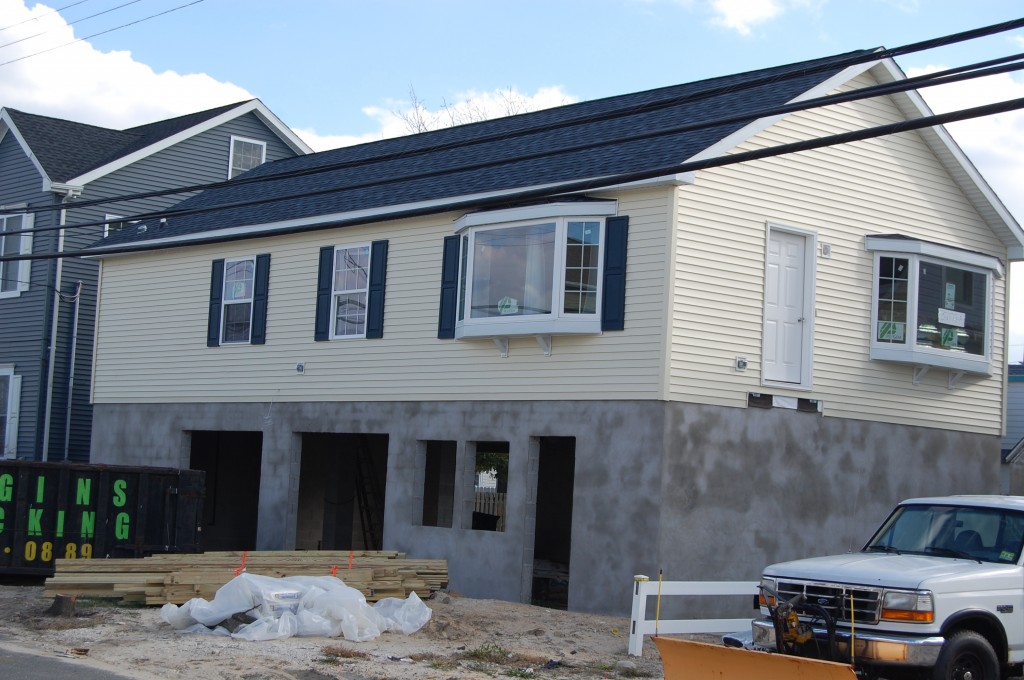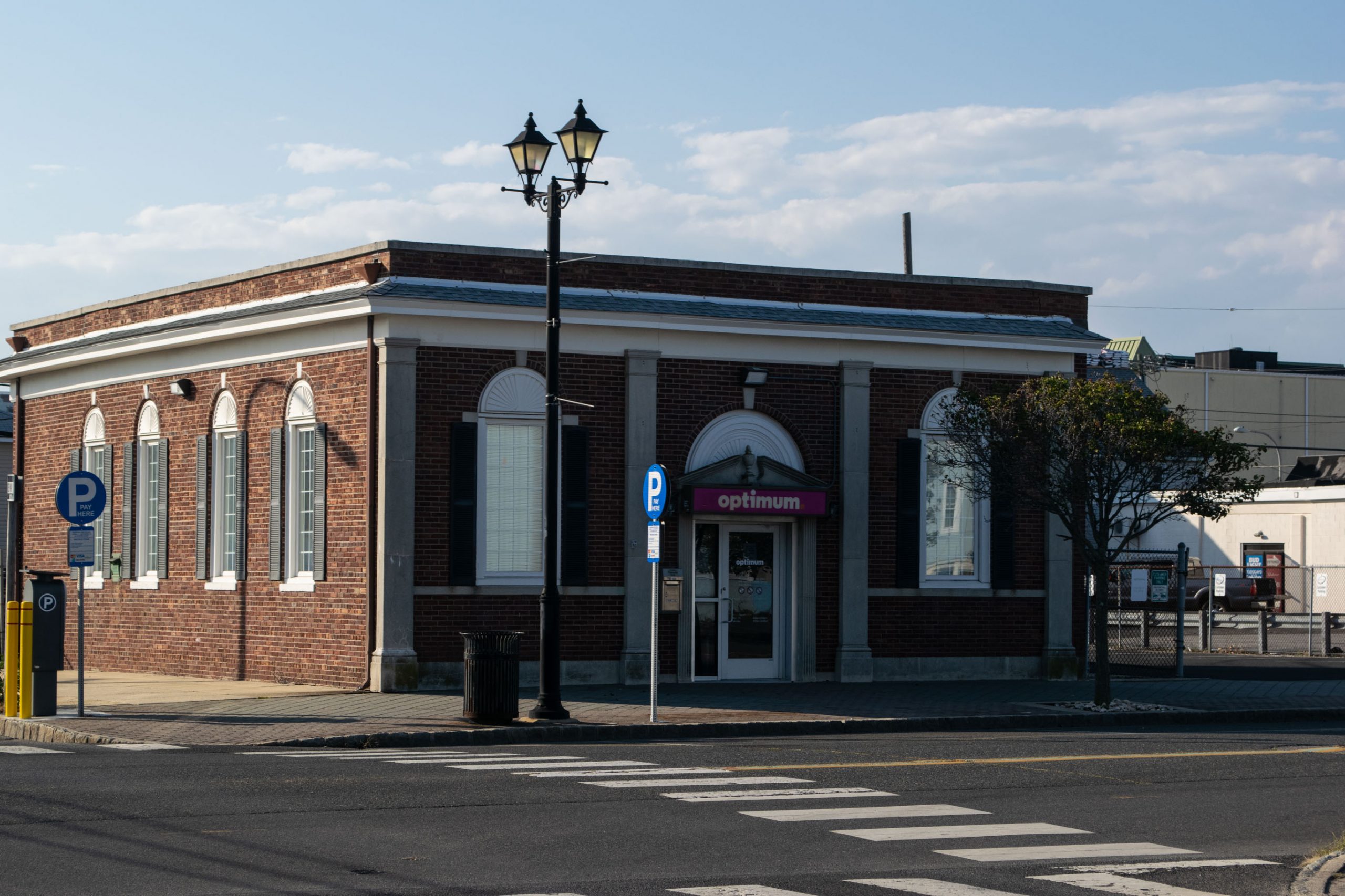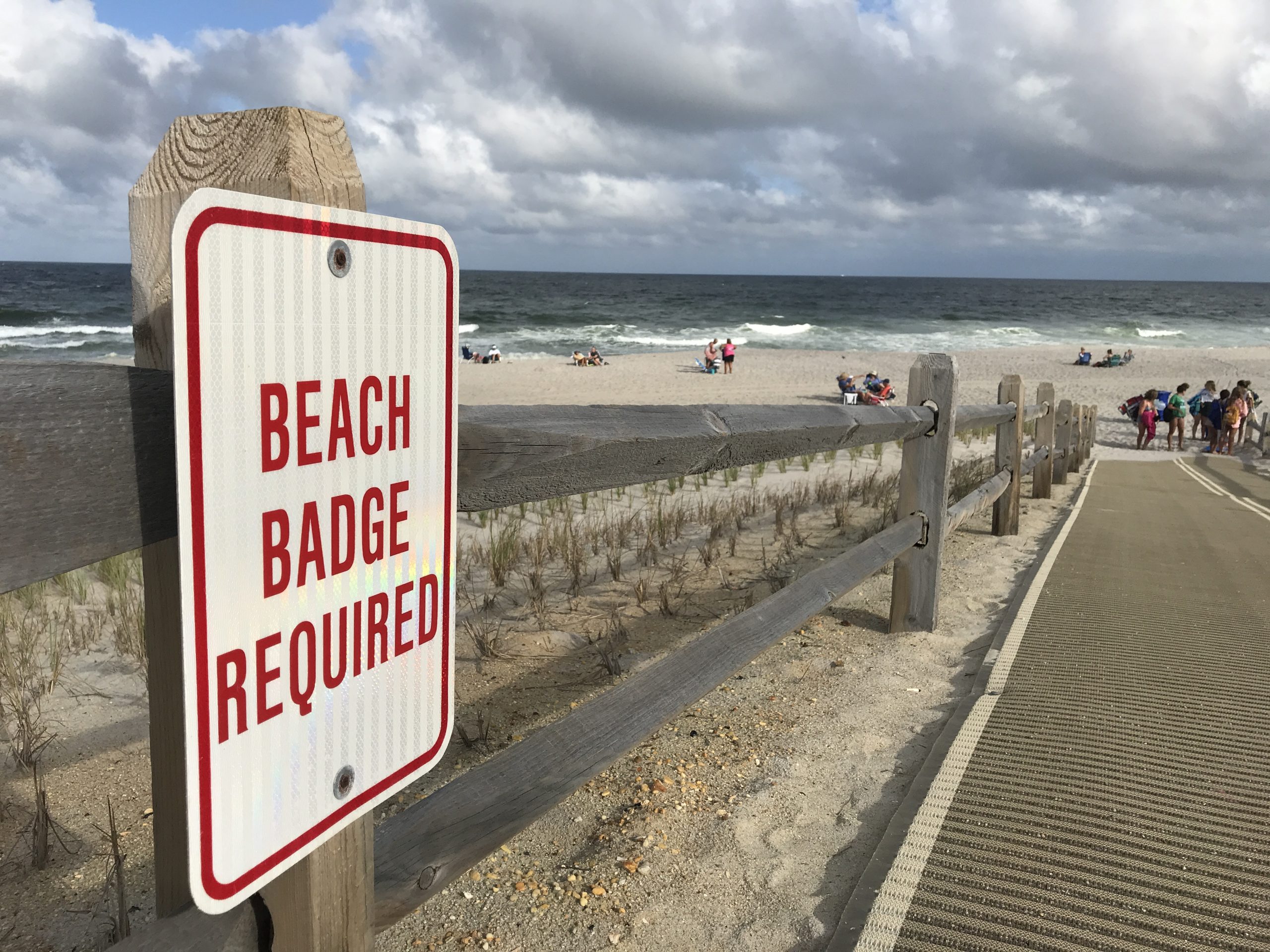Brick and Toms River have joined several local communities in formally opposing a change in the state’s Uniform Construction Code that will require residents whose homes are located in the “Coastal A” flood zone to build to “V” zone standards, which could significantly increase the cost of flood insurance, house raisings and could even drive some to abandon their homes, officials fear.
The decision by the state Department of Community Affairs, which goes into effect March 19, would affect about 1,000 homes in Brick, officials said, and between 1,000 and 2,000 in Toms River – mainly homes in bayfront neighborhoods. Those residents in the Coastal A zone would be required under state codes to build or lift their homes onto piling foundations to comply rather than simply meeting height requirements on a standard block foundation. So-called “V” zones are named as such because they are areas in which structures may experience wave velocity, but local officials say no such threat is present.
The requirements call for structures to be able to withstand moving water and breaking waves 1.5 to 3 feet deep.
“Now there are people who are planning to raise their house on block who are going to have the added cost of moving their homes and putting it up on pilings,” said Brick Mayor John Ducey.
“It’s a terrible thing,” Ducey continued. “We had a conference with the DCA and they seemed to say it’s not that big of a deal. Some people are going to walk away from their houses.”
Ducey also said that, to make matters worse, residents who have already rebuilt and raised their homes following Superstorm Sandy could be subject to massive flood insurance increases for not complying with the new codes – even though they were not in effect when the elevations were completed.
In the past week, both the Brick and Toms River township councils have passed resolutions calling on the DCA to rescind the rule change.
“In some cases, it’s going to be less expensive to demolish the home rather than the rebuild the existing homes,” said Toms River Council President George Wittmann. “You’re going to have people who have lived in the community for a long time having to sell their properties because they’re not going to be able to afford to raise their homes.”
“The maps were amended and we were relieved to see a lot of the properties that were in V zones were taken out of V zones, and now it looks like we’re going backwards,” said Toms River Councilman Jeffrey Carr.
DCA officials say they believe elevating on pilings can, in some cases, be cheaper than elevating on a block foundation, but local officials and engineers largely disagree, especially since raising a house onto pilings often require physically moving the structure for a period of time.
Residents who are unsure of their flood zone can look it up using a FEMA web tool.

Advertisement

Police, Fire & Courts
Police Investigating Possible Shots Fired in Seaside Heights

Police, Fire & Courts
Cops: Juvenile Arrested After 118mph Joy Ride in Seaside Heights, Toms River Kills 2

Seaside Heights & Seaside Park
Seaside Heights Mourns Passing of Boardwalk Legend, Still Working Into His 90s









